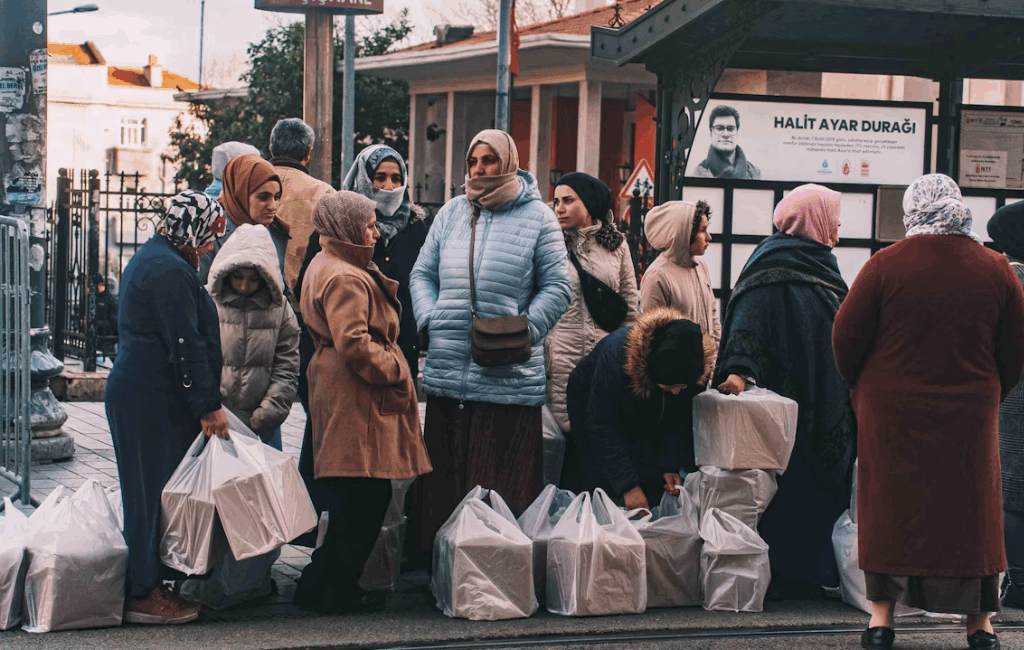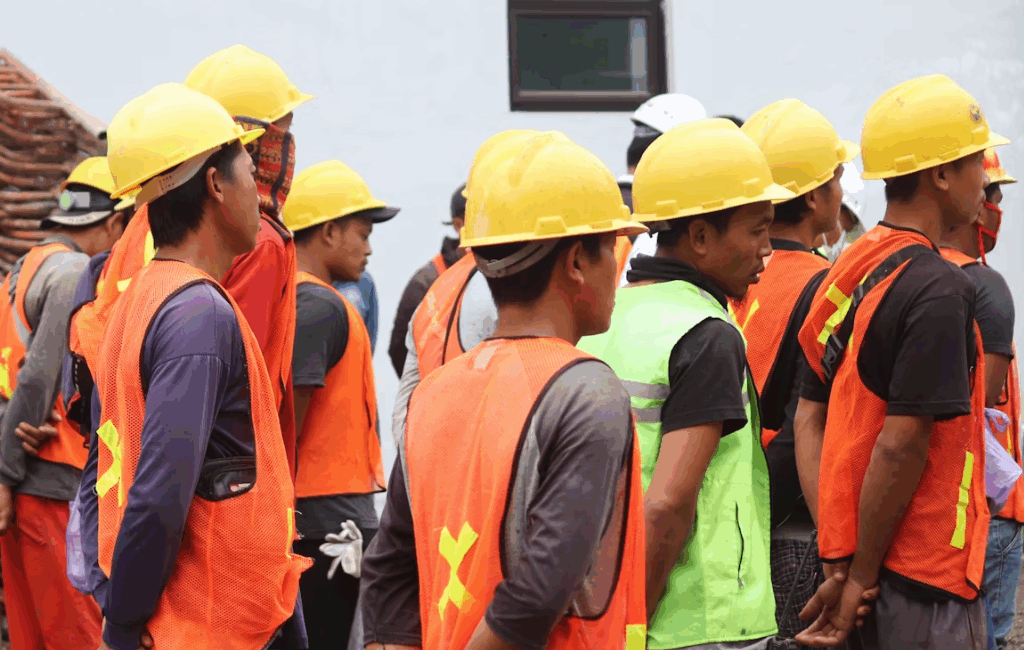
RESEARCH EXCHANGE
3 steps to ensure migration initiatives on the ground have lasting impact
Author
About
Catherine Mercier-Suissa
engagement
Eight refurbished flats and one street-level venue in the historic district of Valencia.
It might sound like a real estate advertisement, but it actually refers to a specific structure within Caliu Urbà—a pilot initiative supporting migrant integration by providing three years of free housing, comprehensive social support, and help building connections within the neighborhood.
This initiative is part of Merging, an international research-action project with two other pilots in Lyon and Gothenburg. Merging develops innovative housing solutions for migrants while advocating for policy change at the local, national, and European levels. In this Short, we share three practical steps that made implementation possible and helped create lasting impact in Valencia.
1. Mobilise complementary expertise and initiate dialogue
Caliù Urba offered concertation and dialogue since its very beginning, inviting a wide range of stakeholders to share their best practices, points of view, and recommendations. Within this multi-stakeholder working space, NGOs, regional authorities, and the University of Valencia collaborated on the design and implementation of the project. This allowed to mobilise several fields of competences at the confluence of urban planning, innovative building, social work, community management and academic research.
From furnishing the flats donated by the regional administration to inaugurating the space and developing a community programme with initiatives connecting project beneficiaries to their neighbours and local social networks, the contributions of all parties were integrated into the project framework.
2. Design context specific and tailor-made experiments
The implication of local administrations and authorities was a key principle to ensure that the response to the migrants housing needs was well-rooted and aligned with the concerns of the city and the region.
The regional and state legal framework was central to identify the target population: asylum seekers whose application had been denied, who met the legal conditions to remain in the country, and who were in a situation of great housing vulnerability. The regional regulations and resources also allowed for the development of a programme that prevented excessive concentration of beneficiaries by providing them access to apartments located in different buildings and situated in the Ciutat Vella neighbourhood of Valencia.
In addition to the apartments, the pilot also included a community space located at street level where socio-community integration activities are scheduled.
Decision-makers who participated highlighted the importance of this experience and what they learned from it. The European dimension of the pilot was also key in mobilising regional authorities, who viewed the project as an opportunity to showcase the region and city, and potentially attract new funding.
3. Ensure ownership and follow up through collective activities
Caliù Urba promoted active political ownership of the project, which served as a lever for scaling up the initiative. Ensuring this ownership involved developing a strategic advocacy plan with a targeted audience, key messages, supporting materials, planned meetings, concrete initiatives, and a monitoring and evaluation system. Ownership and sustainability were further reinforced by the active involvement of local NGOs, the regional administration, and the University. Their participation in the design and implementation process helped consolidate their ownership of the project and fostered their commitment to continue the joint dynamic.
The continuation of dialogue may be at risk if meetings are not organised regularly, as participants could lose interest. Turnover among partners’ focal points is another risk that could weaken the group if the multi-actor dynamic is not consistently supported. Additionally, participants may face competing commitments (work, childcare, or administrative appointments) and could forget or deprioritise meetings if they are not held regularly. Once integration is well underway, participants may also feel less need to attend these types of meetings. To mitigate this, the actors invested in Caliù Urba established a monitoring committee that meets every six months to assess the project’s progress.
Learn more about the other pilots in France and Sweden.
Catherine Mercier-Suissa is a Full Professor and thesis supervisor in economics at iaelyon School of Management (University Jean Moulin Lyon 3) and a Researcher at Magellan Research Center.
Submit your idea for a ‘short’ to be featured on the Co-Lab.












